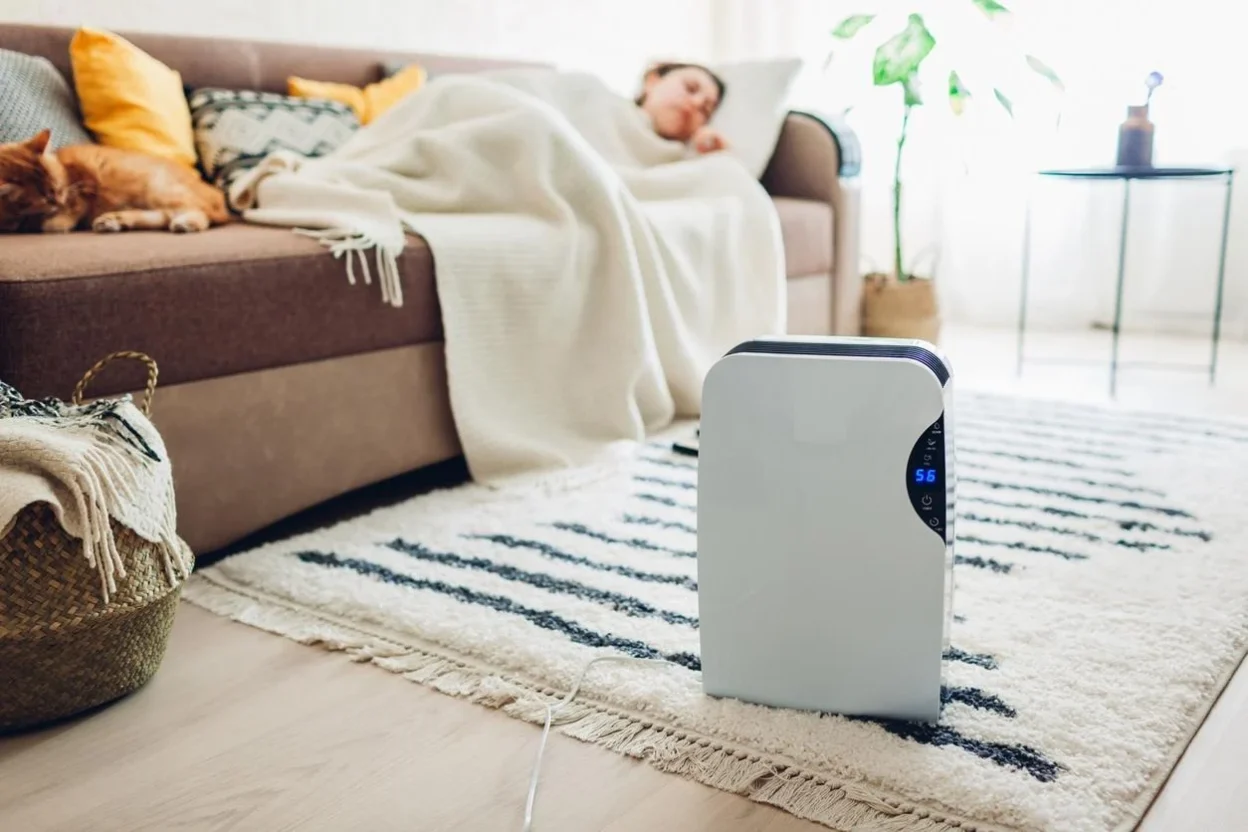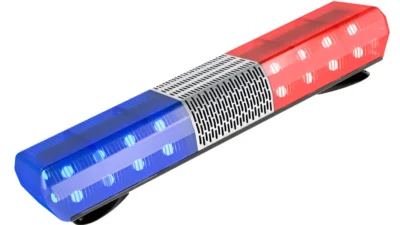You’ve ticked every box for a decent kip—fresh sheets, no espresso after lunch, lights out by ten—yet you still bounce out of bed knackered. What gives? More often than folks realise, the villain is humidity. Excess moisture makes the air feel heavy, messes with breathing, and stops your body from cooling itself the way it should. The result is broken sleep and mornings that start behind the eight‑ball.
How does humidity hijack your shut‑eye? Find out what happens and why a quiet, hardworking dehumidifier might just be what your bedroom needs.
What Is Humidity and Why It Matters at Night
Humidity is simply the amount of water vapour floating around in the air. During daylight hours you notice it when your shirt sticks to your back or your fringe refuses to behave. But after dark, extra moisture makes your room feel stuffy and interferes with one of sleep’s key ingredients: cooling down.
When the air is thick, sweat can’t evaporate fast enough. Your core temperature stays high, which triggers restlessness, midnight tossing, and those sticky 3 a.m. wake‑ups where the doona ends up on the floor.
Humidity also fools your body into feeling warmer than the actual temperature, which can push you into lighter, less restorative stages of sleep. Over time, that ‘warm fog’ effect chips away at genuine rest, leaving you foggy‑headed the next morning.
The Science of Sleep and Temperature Regulation
Your body runs on a circadian rhythm, which is an internal clock that decides when you’re alert and when you’re ready to nod off. Part of the wind‑down routine involves a gentle drop in core temperature. It’s like flicking the dimmer switch from daylight mode to night‑light mode.
Now, if the room is overly humid, sweat hangs around instead of evaporating, and that cooling switch can’t flip properly. Without the temperature drop, your nervous system struggles to steer you into deep and REM sleep (the stages that patch up muscles, balance hormones, and file away memories).
Researchers have found that even a bump of five to 10% in relative humidity can shorten REM cycles. You might log seven hours on paper, yet still feel as if you’ve been running a marathon in your dreams. That’s likely because your body never fully reached the restorative part of the program.
4 Subtle Signs Humidity Is Disrupting Your Sleep
Not sure if moisture is the midnight marauder? Keep an eye—or nose—out for these giveaways:
- You wake up sweaty, even with the fan on – A red‑flag that your body’s natural cooling loop is stuck in first gear.
- The air feels ‘thick- or musty – Extra water vapour traps stale odours and makes every breath feel a tad heavier.
- Pillows feel vaguely damp or clammy – Fabrics soak up moisture from the air, creating a less‑than‑cosy nest.
- Morning grogginess despite a full night in bed – Light sleep triggered by heat build‑up leaves you yawning before the kettle boils.
What a Dehumidifier Actually Does (and Why It Helps)
The dehumidifier is much like a quiet partner tidying up excess moisture while you drift off. Air is drawn in, cooled just enough for the vapour to condense, then released back into the room drier and easier to breathe. The captured water collects in a tank or heads straight down a hose, depending on the design.
Drop the relative humidity to the sweet zone—roughly 40 to 60 %—and two good things happen: your body sheds heat through evaporation more efficiently and nasties that thrive in damp conditions struggle to take hold.
Bedrooms call for models with whisper‑quiet compressors or desiccant wheels, plus a night mode that dims the lights and slows the fan. Ideally, you forget it’s there, apart from the next‑morning grin when you realise you slept like a log.
Dehumidifiers vs Fans and Air Conditioners: Know the Difference
Fans, air conditioners, and dehumidifiers all boost comfort, but they tackle different jobs: Fans keep air moving across your skin, creating a cooling breeze. Handy, yet they don’t remove moisture.
Air conditioners chill the air and squeeze out a bit of humidity as a by‑product. Lastly, dehumidifiers go straight for the excess water vapour, making the room feel cooler and fresher without relying on constant refrigeration.
Using a dehumidifier alongside a fan or AC can be the dream team. Drier air means the fan’s breeze feels cooler and the AC doesn’t need to work flat‑out like a lizard drinking, trimming power use and extending equipment life.
Breathe Easier, Sleep Better with a Dehumidifier
If humidity is hogging the limelight in your bedroom, it could be stealing the deep rest you crave. It’s time to balance the air, so your body can cool itself, essentially keeping allergens at bay and enabling a restful sleep. For the best results, make sure to get a trusted brand like Mitsubishi Electric for your dehumidifier.

Lexy Summer is a talented writer with a deep passion for the art of language and storytelling. With a background in editing and content creation, Lexy has honed her skills in crafting clear, engaging, and grammatically flawless writing.



